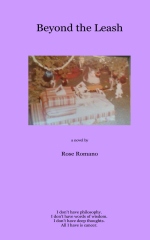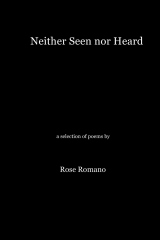I've been finding listings of TWF on the internet, saying that it was published by LSP. I found an essay about me written by Fred Gardaphe with a bibliography of only two books that listed TWF as having been published by LSP. We were already exchanging emails and I wrote to ask why he listed LSP as the publisher. He said he had someone put together the bibliography and they put LSP because there was an address for LSP and there was no address for malafemmina press.
I asked Fred to scan the copyright page of his copy and send it to me as an attachment to an email. He did. And it said on his copyright page: “The Wop Factor is published by malafemmina press.”
I wrote to Fred and said that it says on the copyright page “The Wop Factor is published by malafemmina press.” I asked him whether that shouldn't take precedence over an address. Although he answered that email, he didn't answer that question.
All these years, Gillan has been telling people that the book was published by LSP and that I pulled the book from her press. As a consequence, no one reviewed it, no one ordered it, no one sold or bought it.
I sent Gillan a PM on fb asking her why she was telling people she had published The Wop Factor. She said she did publish The Wop Factor but if I wanted to think that malafemmina press published it, that wasn't a problem for her.
I asked her to send me a copy of the publishing agreement. That was about a week ago. [That is, a week before I put this post on Facebook, which was a few months ago.] Her only response was to delete my fb friendship.
Every copy of the book says, on the copyright page “The Wop Factor is published by malafemmina press.” Why would it say that if it was published by LSP?
Gillan admits that she gave me the whole edition—publishers do not give authors the whole edition of a book, unless they pay for it. She would only have given me those books if I had published them, which I did and at my own expense.
Did she print another edition? If so, what happened to the books? Did she sell them? If she sold them, why didn't she pay me royalties? We were in touch for three years when I got back from Italy—plenty of time to send me a royalty check. I was her friend on fb from May to a week ago—plenty of time to send a royalty check.
Did she print this “ghost” edition and then just throw all the books away? Or did they just vanish?
Nothing she says makes sense. She contradicts herself and lies. She seems to think she can determine reality and people will just believe what she says.
I think she
needs help.

